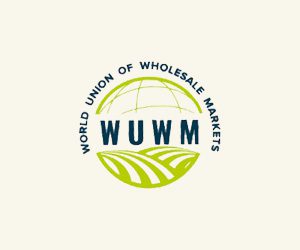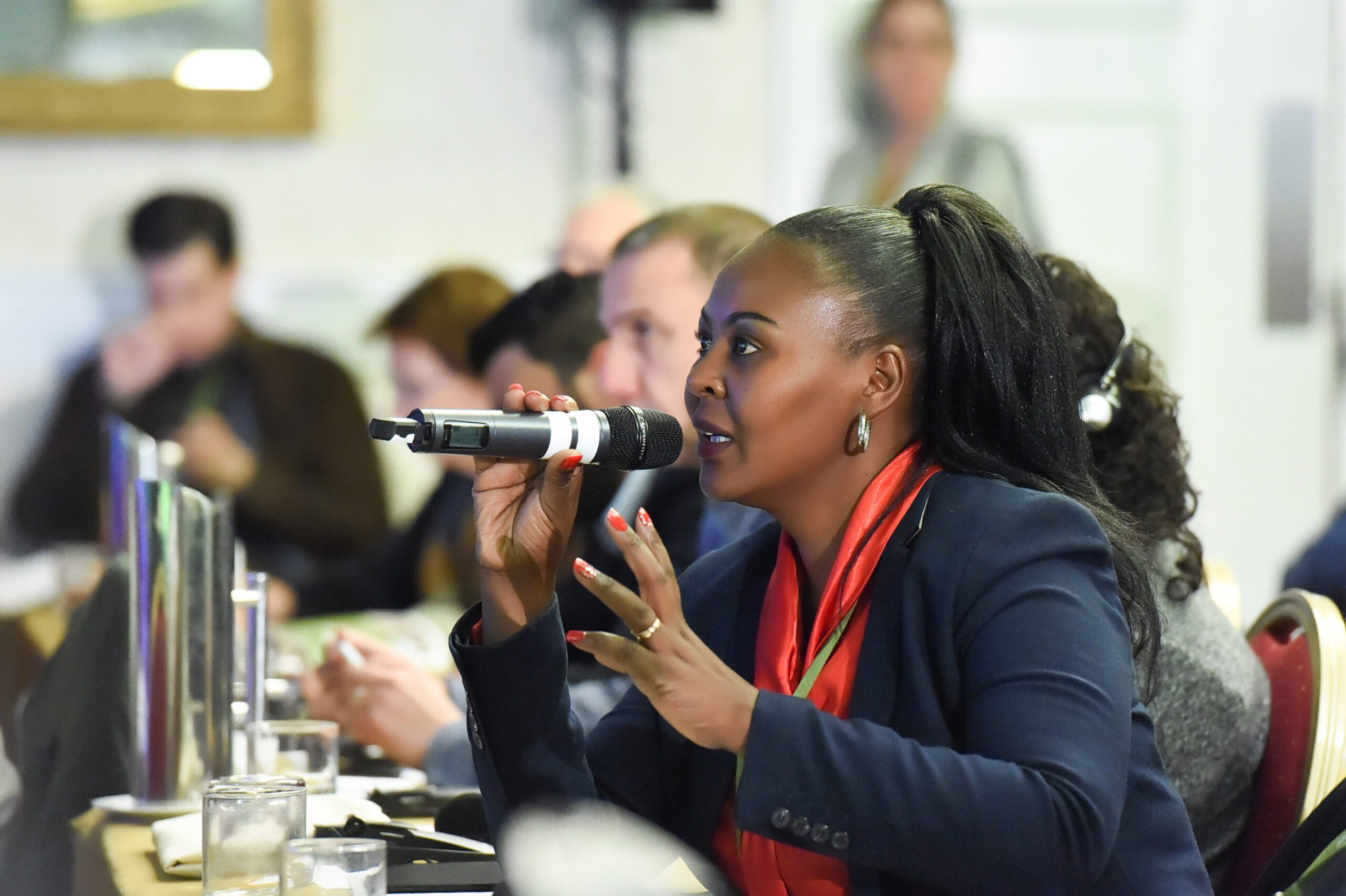
When groups of dedicated people come together to tackle large-scale problems, pooling their resources and expertise, we only increase our chances of long-term success.
With that ethos in mind, we participate in international coalitions and partner with nonprofits and networks, multilateral actors, and other organizations at local, regional, national, and international levels. Our collaborative work moves us closer to a world where everyone can access responsible, sustainable food systems.
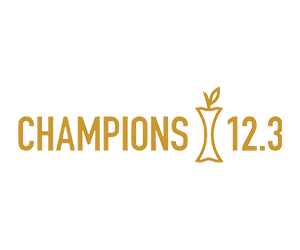
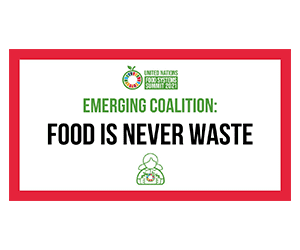

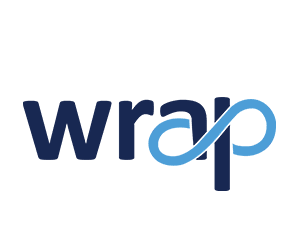
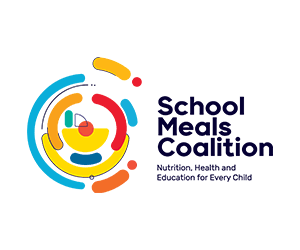
 The Global Cold Chain Alliance (GCCA) provides third-party, temperature-controlled supply chain services for over 1,100 food industry companies in 85 countries. GCCA offers complimentary membership to food recovery organizations and is partnering with GFN to strengthen the relationship between companies that handle and store food with member food banks and provide the Network with access to resources and technical expertise.
The Global Cold Chain Alliance (GCCA) provides third-party, temperature-controlled supply chain services for over 1,100 food industry companies in 85 countries. GCCA offers complimentary membership to food recovery organizations and is partnering with GFN to strengthen the relationship between companies that handle and store food with member food banks and provide the Network with access to resources and technical expertise.
